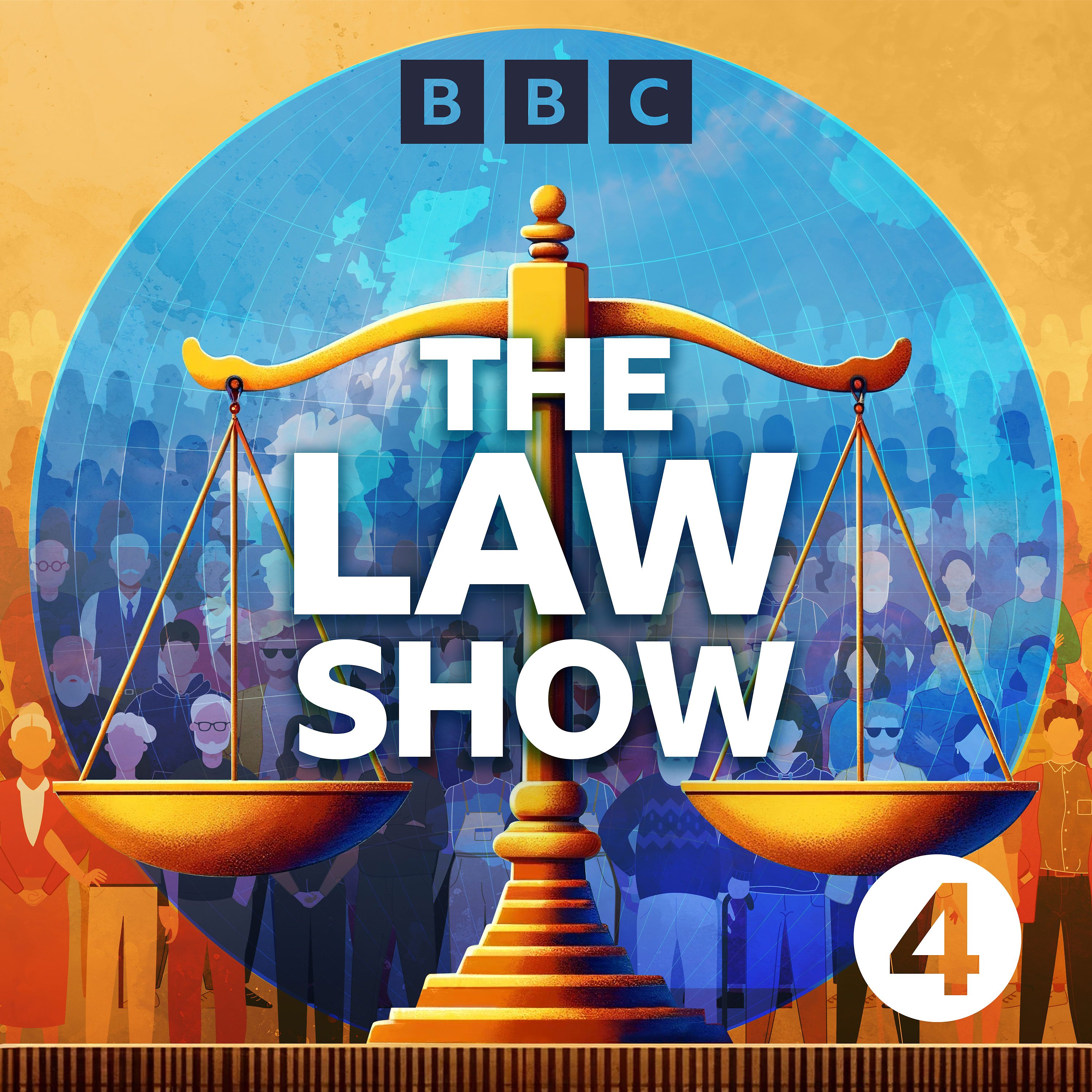Prison sentences: too long or too short?
Description
Last week, the House of Commons Justice Select Committee published a wide-ranging report about sentencing and public opinion. On the one hand, it said we shouldn't ignore what people think. On the other hand, MPs found that many people didn’t understand how sentencing worked. The justice committee's own research confirmed this lack of understanding. The committee's chair, the Conservative MP Sir Bob Neill, also points out the cost of longer sentences: £47,000 per prisoner per year.
Despite that level of expenditure, all is not well in the prisons of England & Wales. Self-harm, suicide and assault rates are all up. Prison officers are "voting with their feet," says Professor Alison Liebling, director of the Prisons Research Centre of Cambridge University's Institute of Criminology. She has been doing research in prisons for nearly 35 years, and thinks that this is "the most unstable, and unsafe period [she's] known". But she also has some suggestions for how to improve matters, and to free up prison spaces.
There's been yet another mass shooting in the United States, again involving a military-style assault weapon. Rather than try for tighter gun control to stop these killings, some people are taking the gun manufacturers to court instead. Chicago-based lawyer Antonio Romanucci is acting for many of those affected by a shooting in Chicago on Independence Day last year. They're bringing a civil claim under consumer marketing laws. Could it be successful?
The Scottish government is planning to give the people of Scotland new, enforceable human rights. These would largely be economic, social and cultural rights, as opposed to the current civil and political ones like freedom of speech. The plan is to incorporate several international treaties into Scottish law. The UK is a signatory to these treaties already, but the rights they proclaim can't be enforced through the courts. A new Human Rights bill in Scotland would change that. But could it avoid being scuppered by the limits of devolution?
Presenter: Joshua Rozenberg
Producer: Arlene Gregorius
Researcher: Diane Richardson
Production Coordinator: Maria Ogundele
Sound engineers: Neil Churchill and Graham Puddifoot
More Episodes
Last year, more than a quarter of a million cases started in Family Court in England and Wales.
Yet, to most people, the way they work is a mystery.
Traditionally, they were always held in private, because they discuss sensitive information about peoples' personal lives, and to protect children...
Published 11/13/24
Published 11/13/24
In this new series of the Law Show, Dr Joelle Grogan and guests look at the legislation that affects your life.
One of the flagship pieces of legislation for the Labour Government is the Renters' Rights Bill - scrapping no-fault evictions, and imposing new obligations and penalties on rogue...
Published 11/06/24


